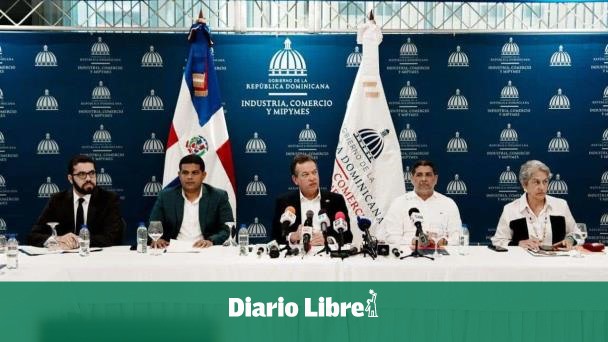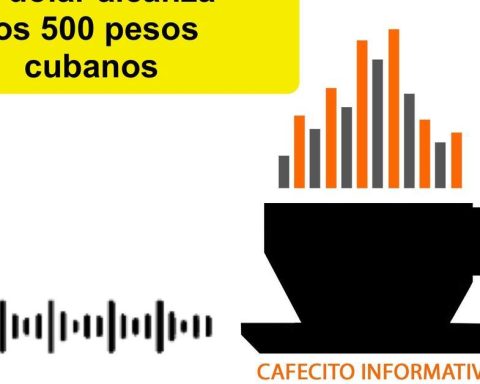
Recently, a study conducted by Consulting Teams has revealed that a significant majority of Uruguayans maintain optimistic expectations regarding the future government of Yamandu Orsiwho will take power on March 1, 2025.
The survey results indicate that a 56% of those surveyed consider that the Orsi government will be “good” or “very good”, while only one 9% anticipates that it will be “bad” or “very bad.” These figures suggest an encouraging outlook for the new leadership.
The survey, carried out between November 30 and December 13, 2024, shows that expectations vary according to the political preferences of voters. Among those who supported Yamandú Orsi in the second electoral round, a notable proportion of 81% He believes that his government will be “very good.”
The majority waits with positivism
This positive perception also extends to voters of Alvaro Delgadowhere the 34% estimates that Orsi’s government will be good, although a 21% states that it will be bad.
The survey also inquires about expectations compared to the current government led by Luis Lacalle Pou. A 47% of those surveyed consider that the Orsi government will be better than that of Lacalle Pou, while a 26% indicates that it will be equal and a 19% think it will be worse. This analysis suggests that, generally speaking, there is a general optimism in relation to the political future of the country.
Varied opinions among opposition voters
The voters of Alvaro Delgado They present a perspective marked by divided opinions. Just one 9% of them believe that the future government will be better compared to the current one, while a 40% considers that it will be equal and a 41% think it will be worse. This discrepancy is significant, given that the majority of voters in the Multicolor Coalition maintains a favorable opinion of the Lacalle Pou government.
Thus, the categorization of “equal” towards the Orsi government can be interpreted, in some way, as a positive assessment in a certain sense.
The context of these opinions reveals a palpable optimism in the Uruguayan population towards the future Orsi government. Respondents seem confident that the changes and decisions that the new president will implement will be beneficial for the nation. This perception can be crucial to establishing a solid relationship between the government and citizens.
Survey context and methodology
The study carried out by Equipos Consultores used a methodology that combined interviews in person and telephonecovering people over 18 years of age who reside in towns with more than 2,000 inhabitants in the national territory. The total sample size was 702 caseswith a maximum margin of error of ±3.7% and a 95% confidence interval.
The selection of respondents was carried out using an approach stratified and probabilisticthus guaranteeing the representativeness of the data collected.
The survey was carried out in 176 sample points throughout the country, and the results were adjusted taking into account various factors such as sex, age, region, educational level, occupation status, type of housing and previous vote of the respondents. This exhaustive methodology ensures the validity and reliability of the data presented in the report.


















